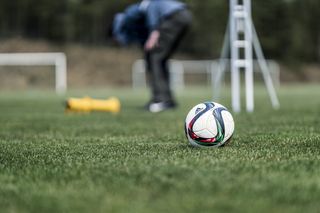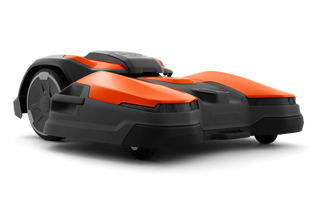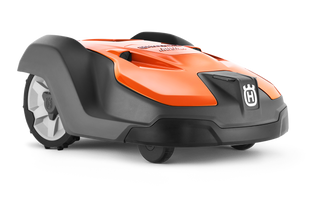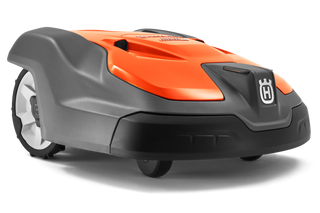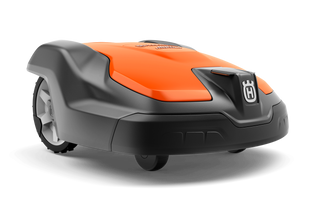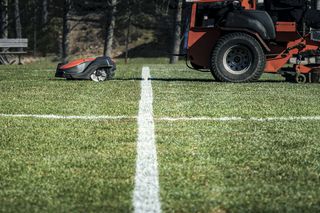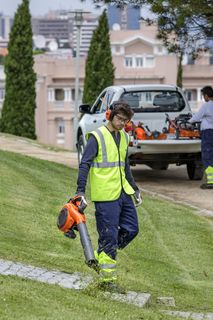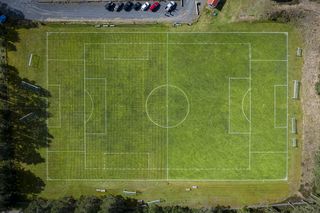Creating the perfect conditions for fast, fun football
A football pitch’s hardness can have a great impact on the games played on it. But how do you find out if the pitch is too hard – or too soft? Sports grass expert Simeon Liljenberg gives some basic tips and tells us how pitches around the world are measured to be approved for championship games.
“Walk a mile in their shoes”
High tempo and precise passes need a harder football pitch. So, how do you know whether your pitch is in perfect condition? The first thing you can do is check its firmness – simply by putting on a pair of football shoes and walking around on it. “Experience the pitch as the players do by ‘walking a mile in their shoes’, so to speak. That’s what I always try to do, and I recommend others to do the same” Simeon Liljenberg says. He continues: “If you can feel the spikes under your feet, then the pitch is probably is too hard.”
To get facts – use “the hammer”
There’s another way to measure the firmness of the pitch, using a tool called the Clegg Impact Hammer. This gives measurements in terms of gravity. The tool consists of a compaction hammer that’s released from a fixed height in a vertical guide tube. When it hits the surface, a precision accelerometer registers and calculates the deceleration in terms of impact value (IV). 65–80 is considered to be a good IV, which means that the pitch offers the best possible conditions for playing on. “This isn’t something most football clubs need to do on a regular basis. But If you’re about to arrange a major tournament, it might be a good idea to conduct this kind of test.”
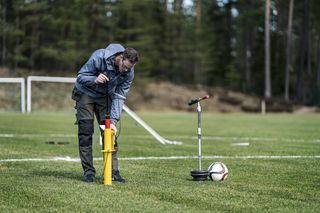
Measure how far the ball rolls
Many groundsmen use a special ball roll ramp to check the football pitch. If you’re aiming to fulfil FIFA’s standards for a championships pitch, the ball should be able to roll 5–8 metres. If it rolls for longer that means the pitch is too hard and needs to be aerated and watered. A shorter roll indicates that the pitch is too soft and needs irrigating less – the grass could also be too high. “Regular mowing is crucial for a smooth pitch. To ensure that it’s always perfectly cut and that the grass always has the right height, it might be worth looking into getting a robotic mower,” Simeon says.
…and see how high it bounces
How high the ball bounces could also give you a clue as to whether the football pitch is too hard, or too soft. The ball should bounce 70–100 centimetres after being dropped from a height of approximately two metres. “This is, once again, in FIFA’s regulations. It's a simple test and a good standard, one that I think most football clubs should strive to meet”. If the ball bounces under 70 centimetres, the pitch is soft) – and it’s time to cut down on the irrigation. A higher bounce than 100 centimetres means that the pitch is hard, so you can do the opposite: give it more water, and perhaps also aerate it. It could also mean that the grass is sparse and that you need to add new seeds. "Even in this aspect Automower® could be an interesting choice, since there’s scientific evidence that continuous mowing stimulates roots to grow deeper, which makes the pitch stronger and more durable."
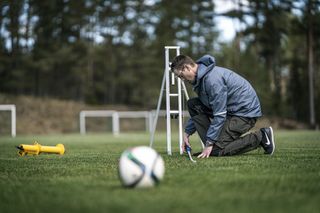
Don’t forget to ask the players
It’s important to talk to the players and get their opinion about the condition of the pitch. After all, we’re doing all of this to give them the best opportunities to perform as well as possible. So, what kind of football pitch does the player want? “The opinions vary, but I would say that most of today’s players prefer a harder pitch. This might be because they’re used to playing on artificial grass, which has a pretty hard surface.” The conclusion: don’t irrigate too much. It’s generally better for the pitches and, as they get firmer, we might well be able to enjoy matches that are even faster and more fun.

| About Simeon Liljenberg |
|---|
|

